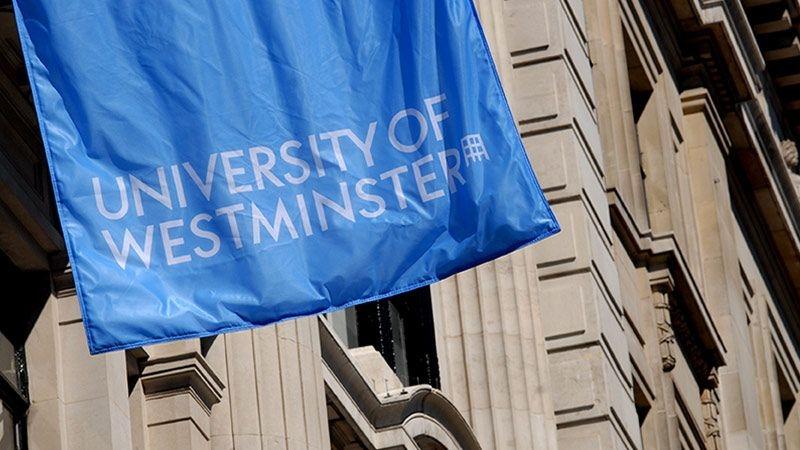As a university with a history of making a difference through education and public engagement, the University of Westminster has won recognition for making a difference in the world through research.

Westminster has been identified as a UK higher education institution which made significant impact in the field of Art and Design during the Research Excellence Framework (REF) 2021 assessment period.
The world-leading impact the University achieved includes the first in-depth retrospective of Black British music, revolutionising understanding of its cultural significance to the nation. Work from the Ceramics Research Centre-UK re-evaluated the position of ceramics in contemporary art and museum culture and changed the approach to public participation and audience engagement. Moreover, documentary film research has led to the official recognition and the first government-sponsored forums for addressing acts of genocide in Indonesia.
In addition to our achievements in Art and Design, research submitted in Business and Management gained the 2nd highest impact score nationally, while the impact of Westminster’s Politics and International Studies research scored 4th highest, among all the institutions participating in these subject areas.
Making remarkable impact through research was underpinned by a strong research environment. 100% of our Art & Design and English submissions were judged to enjoy a world-leading and internationally excellent research environment.
Since its foundation in 1838 as one of the UK’s first polytechnic institutions, the University of Westminster has been committed to making a difference, through improving lives, reducing inequality and promoting inclusion. In order to optimise the conditions to do this even more effectively via research, the University has overhauled the structure of its research support, helping to focus its resources to the areas where Westminster can make the biggest impact in people’s lives.
Accordingly, in 2019 the University launched four cross-university Research Communities to facilitate national and international research collaborations, networks and partnerships. These are Arts, Communication and Culture; Diversity and Inclusion; Health Innovation and Wellbeing; and Sustainable Cities and the Urban Environment. Support to enable impact on these areas has expanded significantly through new professional service support and investment in seed-funding for projects that facilitate our growing focus on public engagement and external partnerships.
Andrew Linn, Pro Vice-Chancellor for Research at the University of Westminster, said:
“Since our foundation in 1838 as one of the world’s first polytechnic institutions, everything we do at Westminster has been about making a difference to people’s lives. Consequently, our focus is on the impact of our research. This is not something new or whimsical; it has been part of our institutional DNA from the earliest days.
“Supporting and developing our people and doing research that has tangible impact in the world are what we do and what we have always done, and it is gratifying that the quality of our work has been so roundly endorsed.
“The quality of the research environment at Westminster has been recognised by 11 of our 13 units of assessment significantly improving their score for the quality of the environment. I believe that if researchers are nurtured and valued and supported in their ambition by the institution, they will thrive and do great work. The evidence of the REF has borne this out.
“The impact of our research also underpins our position in the world top 15% of universities for the UN Sustainable Development Goals as reported in the 2022 Times Higher Education Impact rankings.”
May Adadol Ingawanij and Neal White, Co-Directors of the Centre for Research and Education in Arts and Media at the University of Westminster, and Co-leads for the University’s Art & Design submission, said:
“We are delighted by this stunning result and are grateful to the very large number of CREAM researchers that have made this possible. Special congratulations to the Black Music Research Unit directed by Mykaell Riley, the Ceramics Research Centre directed by Clare Twomey, and Joshua Oppenheimer for leading projects with phenomenal social and cultural impact.
“In the year that CREAM celebrates its 20th anniversary, the REF 2021 result is an unequivocal recognition of the strength, impact and diversity of our research culture. We have strong, proud roots as a Centre for practice and interdisciplinary arts research with a global contemporary focus. In our third decade we resolve to play a leading role in nurturing the next generations of researchers engaging with key global issues through artistic and creative research.”
The Research Excellence Framework is the UK’s system for assessing the quality of research in UK higher education institutions. The REF is undertaken by the UK higher education funding bodies, and it aims to secure the continuation of a world-class, dynamic and responsive research base across the full academic spectrum within UK higher education.
In total, 157 UK universities participated, submitting over 76,000 academic staff.
Learn more about the impact the University of Westminster is making through research.


